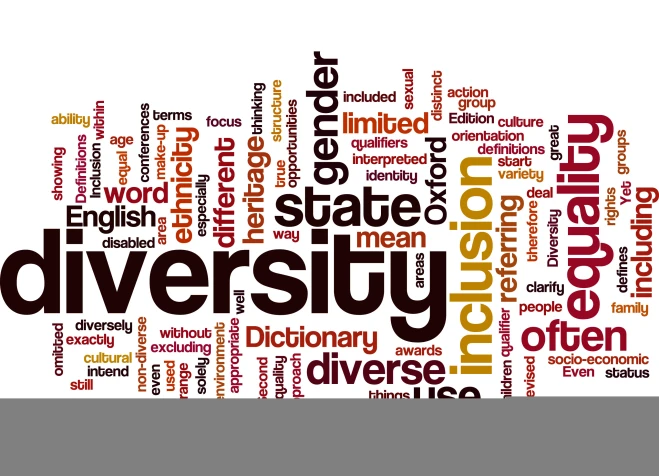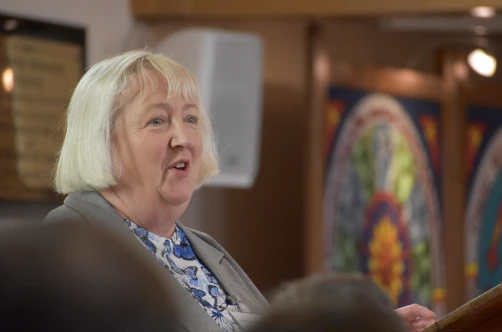
At today’s quarterly meeting of the Irish Inter–Church Committee 29th May 2014, the following statement was agreed:
“We regret that many people in Northern Ireland have been deeply hurt by the content and tone of Pastor McConnell’s comments in his recent sermon and we welcome the First Minister’s clarification of his own position.We reaffirm our commitment to embracing diversity, promoting religious freedom and building inclusive communities. We also express our solidarity with all those throughout the world who are persecuted for their beliefs.Christ calls us to love our neighbours. We pray that we may continue to build good relationships between Muslims and Christians throughout Ireland. We trust that our friendships will deepen and that our understanding of each other’s faith will help us work together for the common good.”
IRISH CHURCHES’ AFFIRMATIONS ON MIGRATION, DIVERSITY AND INTERCULTURALISM
The Irish Inter–Church Committee and its constituent churches, issued the following Affirmations in December 2009 in recognition of the significant changes over the previous decade in the fabric of our Church communities and of society as a whole. We seek to ensure that the Affirmations, founded on Gospel values, will inform and drive the plans, processes and programmes of our Churches as, individually and together, strive to live out the mission of Christ in an increasingly diverse and intercultural society. Five years on they are just as relevant as when they were issued.
We affirm our commitment as Christian Churches:
To recognise and appreciate cultural and ethnic diversity as gifts of God, and to ensure that these gifts are reflected in the life of the Church. To foster faith communities where the rights of each person are respected and where scope is provided for each person’s potential to be realised. To work towards inclusive communities, paying particular attention to addressing racism and xenophobia in attitudes, actions, practices and policies. To explore and adopt ways of worship, systems of administration and other structures so that they fully respond to and reflect the Church membership. To defend the rights of migrants in accordance with international and national laws and standards on migration. To advocate for the rights of all migrants, and in particular their right to family life. To support and assist migrants in appropriate, practical ways in their efforts to integrate in Church and society. To establish networks with migrant–led Churches and chaplaincies by fostering co–operation and collaboration with them in providing pastoral care and support to migrants. To seek the development of appropriate services for migrants and to draw attention to the need for public services generally to be responsive to the circumstances of migrants. To work together as Churches and to network with people of other faiths and none to promote a greater understanding between denominations and other faiths and none, ensuring the growth of a society based on respect, dignity and equal rights for all its members. We offer these Affirmations in the hope that they will guide our Churches and communities towards achieving a just, fair, equitable and harmonious society. These Affirmations were agreed in 2009 by the constituent member churches which at the time were: The Roman Catholic Church, The Antiochian Orthodox Church, The Church of Ireland, The Greek Orthodox Church in Britain and Ireland, LifeLink Network of Churches, The Lutheran Church in Ireland, The Methodist Church in Ireland, The Moravian Church (Irish District), The Non–Subscribing Presbyterian Church of Ireland, The Presbyterian Church in Ireland, The Religious Society of Friends (Quakers) in Ireland, The Rock of Ages Cherubim and Seraphim Church, The Romanian Orthodox Church in Ireland, The Russian Orthodox Church in Ireland, The Salvation Army (Ireland Division)





